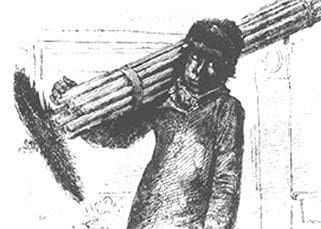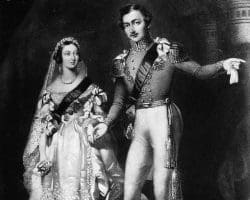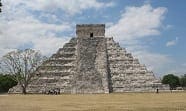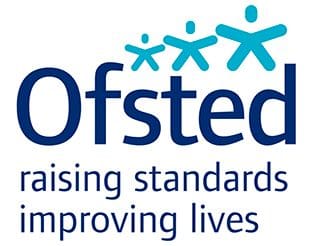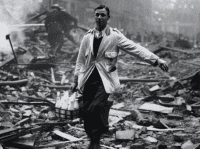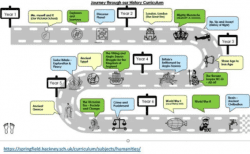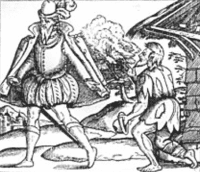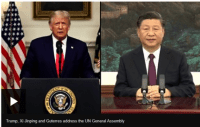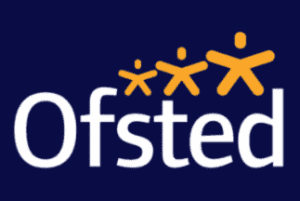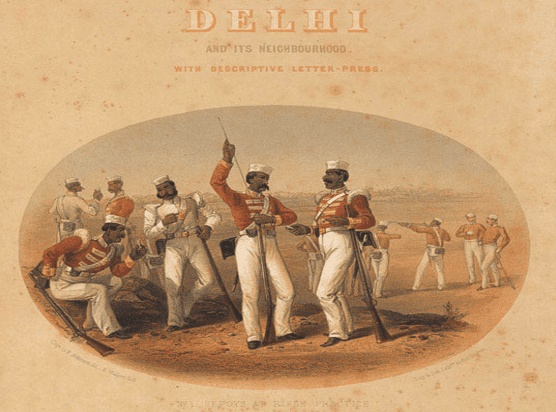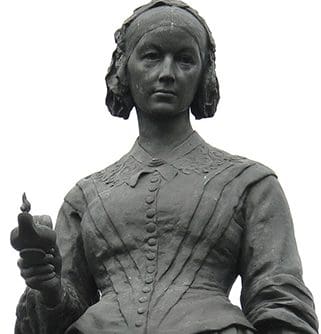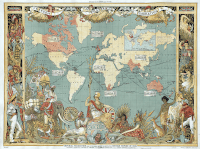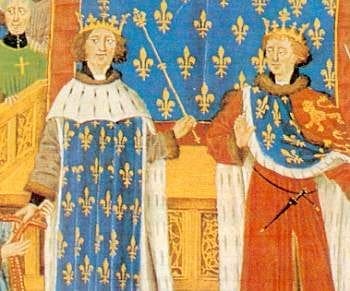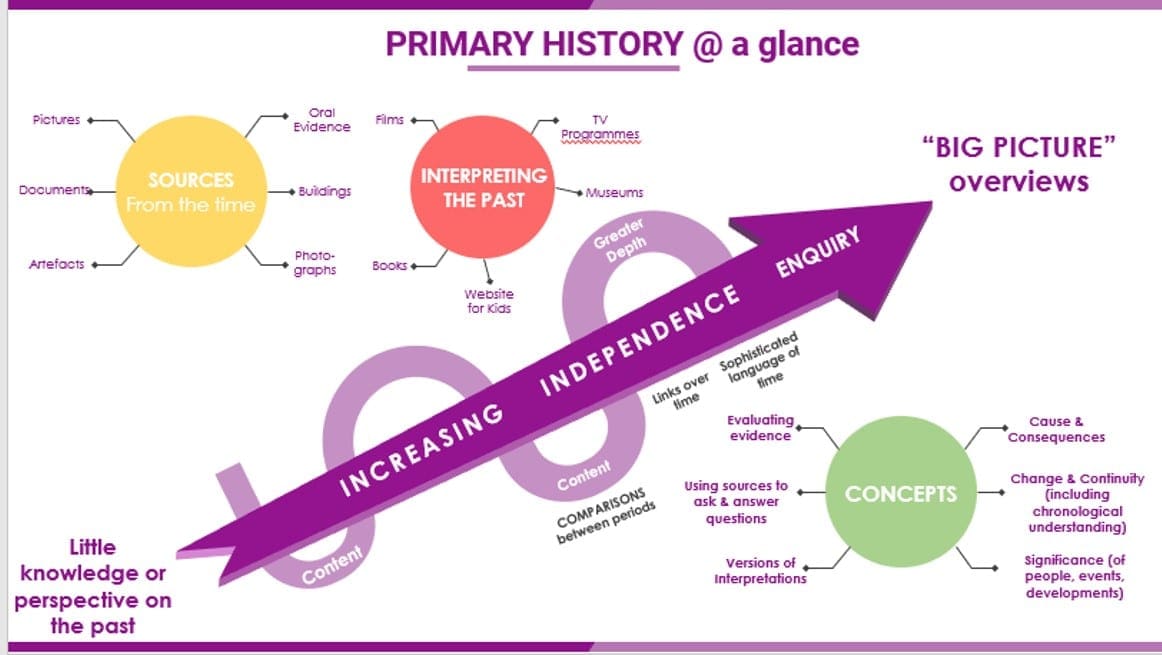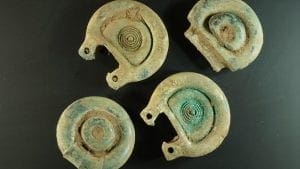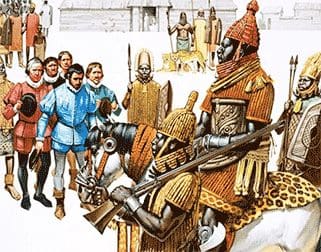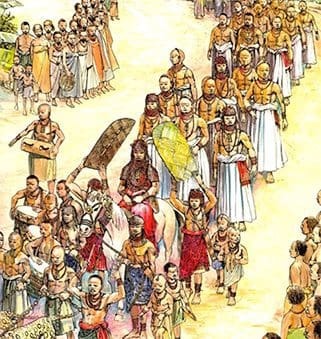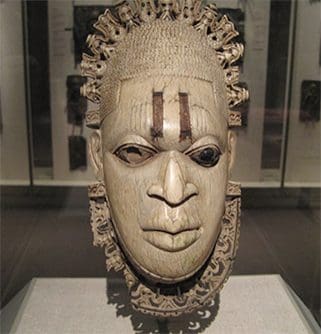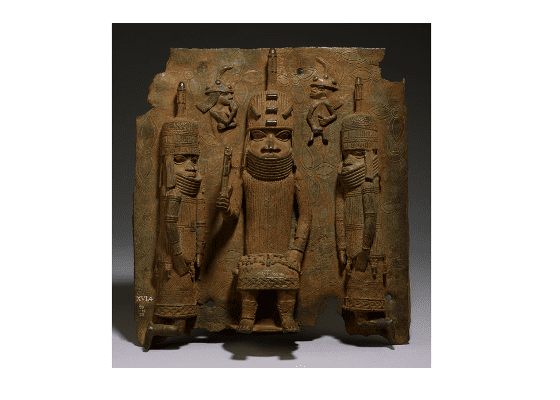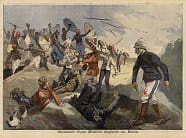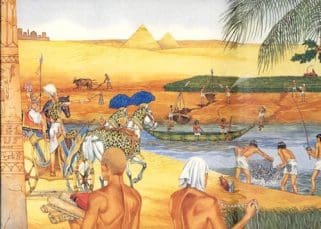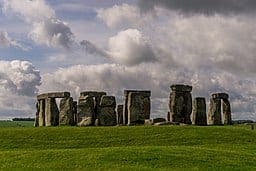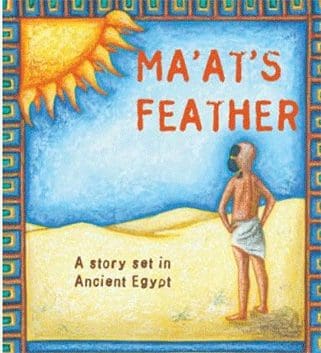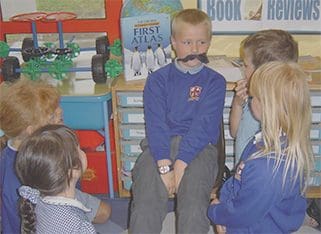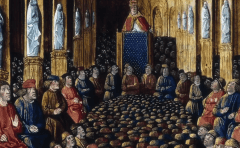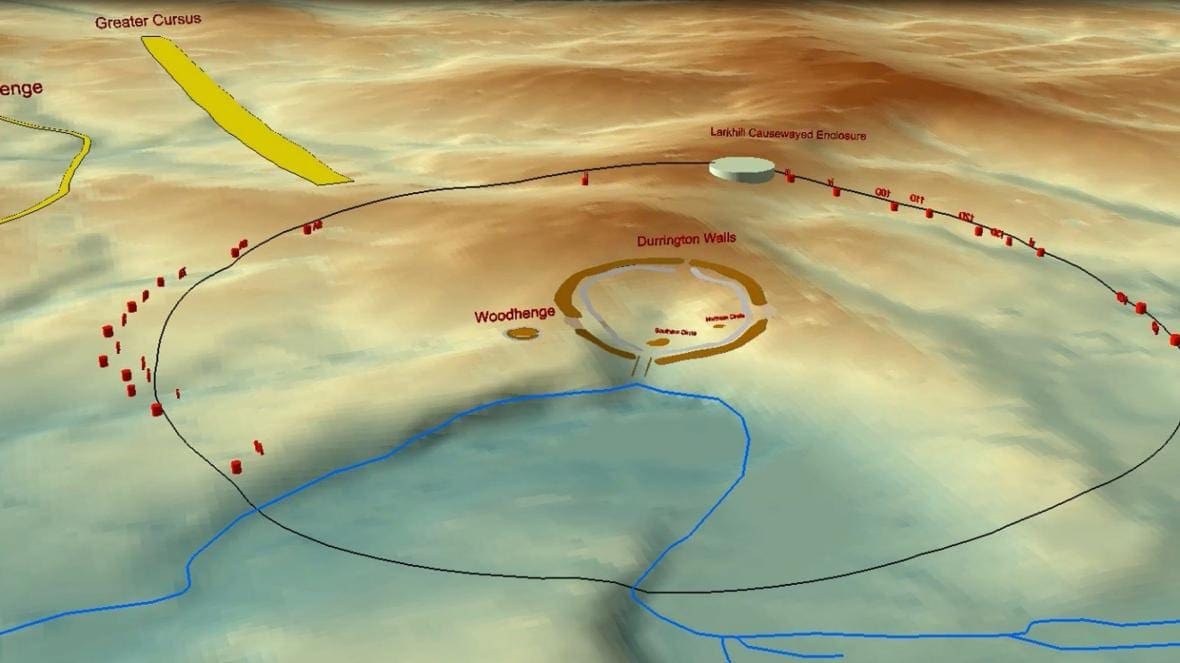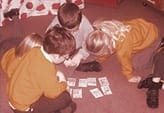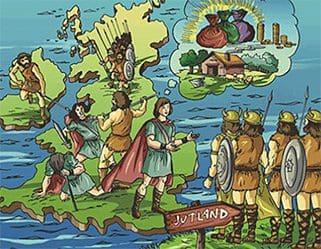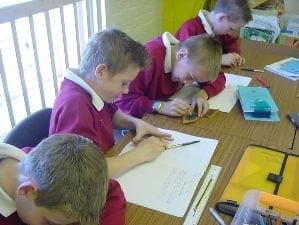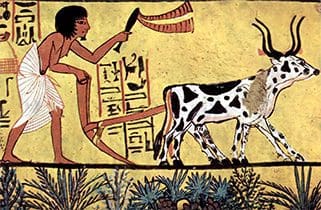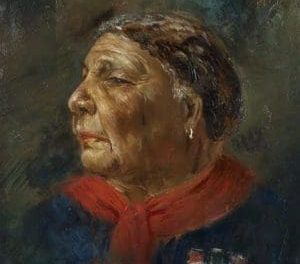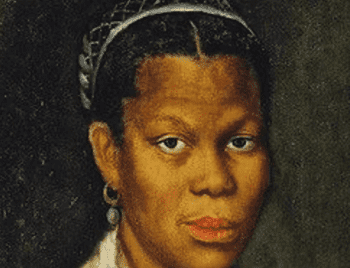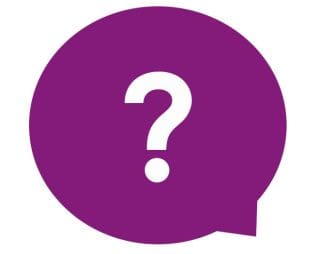Keystage history
Victorian Britain – KQ5c – Climbing boys enquiry – SMART TASK
This enquiry falls into five parts: A selection of four related enquiry tasks which encourage pupils to explore and then…
Read MoreVictorian Britain – KQ6 – The Victorian Era: Dark Age or Golden Age?
This is the concluding lesson on the Victorians. It starts with a plate and a poster commemorating the achievements of…
Read MoreWhat can you do at KS3 to make your history curriculum more representative?
In a recent article for the Historical Association ( HA news- Autumn 2020) Jake Subryan Richards offers his advice: ”…
Read More12 things you need to know about the Mayan civilization before you teach it at KS2
1. The Mayan settlements were among the largest anywhere in the world in year 1000 In the year 1000 settlements…
Read MoreFull sample recent primary history report January 2020
Pupils in your school thoroughly enjoy learning history. They like the enquiry-based approach you take to learning in the history…
Read MoreBeyond Face Value – KQ6 – The Blitz. What was photographer Fred’s clever way of beating the censors?
In this fascinating lesson pupils learn how photographers avoided the censors they saw in KQ5 and how the government used…
Read MorePlotting your pupils journey in history learning across the school
Just came across this visual depiction of the history curriculum at Springfield School in Hackney and thought I’d bring it…
Read MoreTerror of the Tramp: Why did vagrancy become such an important issue in Elizabethan England?
GCSE lesson in which students work through a range of differentiated clues to work out 8 reasons which help answer…
Read MoreHow close to World War Three has the world come since 1945. A Year 9 enquiry.
Just as the United Nations is marking its 75th anniversary, so the world peace it was set up to maintain…
Read MoreOFSTED’s view of deep dives in history
Recently Matthew Purves , the Deputy Director for Schools, set out OFSTED’s latest thinking on deep dives in primary schools….
Read MoreReport on leadership of primary history 2020
One of the key features underpinning the high quality of history learning was that history has a high status throughout the school, recognised…
Read MoreAnalysis of OFSTED reports November 2019- February 2020, with my commentary
Analysis of OFSTED reports November 2019-February 2020, with my commentary By trawling through the most recent pre-Covid reports from November…
Read MoreMeeting OFSTED’s criteria for a good history curriculum at KS1 and 2 during extended transition period
Now that schools have an extra year’s grace from OFSTED to refine their curriculum that is being worked on, it…
Read MoreDeep dive issues: progression and assessment in primary history
One of the features of deep dive subject inspections is that the two hardest areas of a primary history leader’s…
Read MoreOFSTED’s early EIF (2019) primary history deep dives
What do the first 3 months’ of reports tell us? Although there is even less detail in the new shorter…
Read MoreWhat do deep dive OFSTED inspections look like for history?
What does a new deep dive 2019 inspection look like for history? Basically, there are 6 areas that the history…
Read MoreIntent, Implementation, Impact to be more representative of the BAME in secondary history
Intent What do you want your students in your school to know by the end of KS3? Why is this…
Read MoreWhat does INTENT actually mean for primary history in the new OFSTED Framework for 2019? Building blocks and the Big Picture
What does INTENT actually mean for primary history in the new OFSTED Framework for 2019? Building blocks and the Big…
Read More10 things history leaders need to know about the OFSTED 2019 Framework
10 things you need to know about leading history and the 2019 OFSTED framework You will have to show that you are…
Read MoreIndian Mutiny/rebellion of 1857
This lesson is aimed at Y9/GCSE students. It addresses three principal aspects of history teaching: How to be thoughtful and…
Read MoreSmart task Florence Nightingale and Mary Seacole: Who said it? / Who am I?
This simple task encourages children to spot the differences between Florence Nightingale and Mary Seacole. With a large A4 image…
Read MoreBritish Empire – How can we infer so much about the empire from a study of just one map and the person who created it?
This session starts by looking at the information to be gleaned from a well-known 1886 map of the empire and …
Read MoreRichard I: Lionheart or loser should we keep his statue – SMART TASK
This short task puts pupils in the role of spin doctors who have to ‘big up’ the reputation of Richard…
Read MoreChanges for the 2021 GCSE History examination announced by AQA today
AQA GCSE History (8145) Students entering for GCSE History exams next summer will have a choice of studies with one…
Read MoreMedium Term Planner for Thematic unit Beyond Face Value Year 6
This end-of-key stage unit fulfils the post-1066 thematic requirement of the National Curriculum, but it does so in a particularly…
Read MoreWhat does good leadership of history look like at KS 1 and 2 according to recent OFSTED deep dive reports
My analysis of all the recent ‘pre-Covid19 ‘ reports reveals the following comments about primary history leadership, both positive and…
Read MorePost-1066 thematic unit for KS2; Beyond Face Value is now complete- full planner ready . Lessons launched soon
Those of you who have patiently waited for us to clear the copyright for the post-1066 thematic unit linking the…
Read MoreWhat is primary history? Have a look at this ‘at a glance’ diagram which encapsulates the essence of the subject
The accompanying diagram attempts to display all the main elements of developing your pupils’ historical understanding, in one place. You’ll…
Read MoreSpectacular Bronze Age finds
Article: BBC Detectorist ‘shaking with happiness’ after Bronze Age find Among the items found this week in Peebles in Scotland…
Read MoreBenin – KQ1 – Why do YOU think we should study Benin in KS2 history? SMART TASK
After setting Benin in its context of place and time, pupils tour a gallery of images which give them hints…
Read MoreBenin – KQ2 – What sort of place was Benin 500 to 1,000 years ago? SMART TASK
Here pupils are introduced to the idea of a society from a distant time about which very little evidence remains….
Read MoreBenin – KQ3 – What can we tell about Benin society at this time from the images and artefacts that have survived?
Using evidence to study Benin This lesson revolves round four principal activities: Fastest Finger First; Mining for meaning, using an…
Read MoreBenin – KQ4 – What changes took place when the European settlers started trading? Case study of one of the Benin bronzes
The first part of this session revolves around the encounter between indigenous Benin people and the European traders. It then…
Read MoreBenin – KQ5 – Why did the Victorians get involved in Benin and what were the effects on the Benin people? SMART TASK
Following an intriguing slow reveal of an interesting Victorian photograph showing the capture of the Oda’s palace in Benin, pupils…
Read MoreBenin – KQ6 – Should the Benin Bronzes be returned? SMART TASK
This lesson is guaranteed to provoke a lively debate. Armed with all the contextual knowledge they need, and stimulated by…
Read MoreLinking your early civilizations at KS2
There is a real and present danger in KS2 of failing to make links between topics. If we are not…
Read MoreWizards and scientists:changing views of Stonehenge. History as interpretations and a constant conversation between past and present
One of the harder parts of teaching history at Ks2 is to explain to pupils that history is a construct,…
Read MoreUsing fiction in KS2 history. What can we read with our pupils during our Ancient Egypt topic?
For many years I have been advocating the use of fiction at KS2 to help pupils to realise the importance…
Read MoreBanality of OFSTED’s KS1 judgements in history. They don’t know what they are talking about. Stick to your guns.
Sometimes you just have to say it. What on earth do they expect? reading through a number of OFSTED reports…
Read MoreMedieval Britain: The Crusades
Great lesson on the reasons for the First Crusade which uses a Zone of Relevance activity to show students how…
Read MoreIs this another find to help us understand Stonehenge?
Yesterday’s more interesting news centred on a newly-published report on the finds at Durrington Wells on Salisbury Plain. As the…
Read MoreOutstanding Lessons: Key Stage 1
If you have ever searched the internet for inspiration for your history sessions you will know how frustrating it can…
Read MoreThinking about evidence at KS2. How do we know what happened in Saxons times?
Where does our knowledge of the Anglo-Saxons come from? It is important that we ask the recurring question “How do…
Read MoreThe importance of getting your key questions right in your KS2 history planning
Scanning through a number of KS2 history websites recently, I realised just how narrow a view of history was being…
Read MoreHow much do you need to talk about chronology when studying Ancient Egypt?
This is a question that has concerned many primary teachers for a long time. I have sat in the back…
Read MoreInteresting resources on Florence Nightingale and Mary Seacole
Great resource on Mary Seacole https://www.mylearning.org/stories/mary-seacole/199? There are three games and an interactive glossary, each one narrated by Mary Seacole. The…
Read MoreImproving diversity in your KS2 history curriculum
Amid the current state of heightened racial tension across Britain and the USA, I thought it might be a good…
Read MoreGetting your enquiry questions right for your history topics at KS1
Getting your enquiry questions right at KS1 On the Historical Association website is a scheme of work on George Stephenson…
Read MoreAssessment for Learning: 5 core strategies that work
Helps teachers to collect information about pupils’ achievement in order to adjust teaching to meet pupils’ learning needs more fully,…
Read MoreA six step approach to history lessons
Step 1: Teacher motivates pupils to want to learn and scopes the enquiry Hooking them in: eg. with a slow…
Read More
